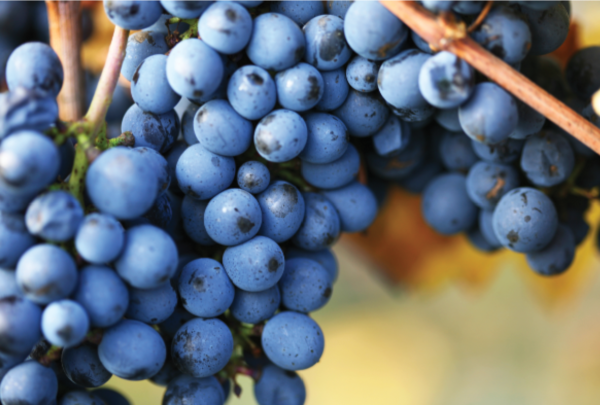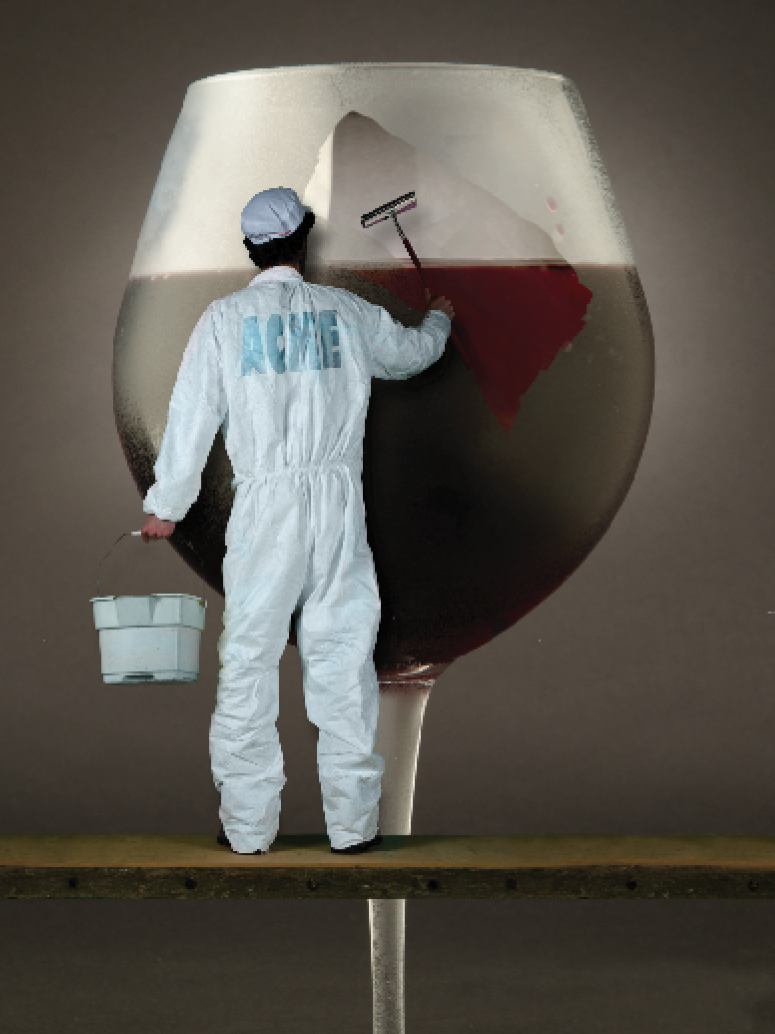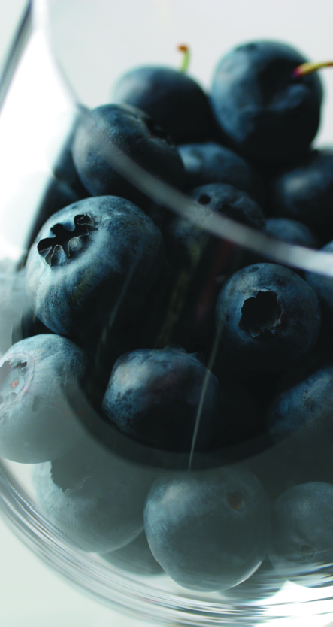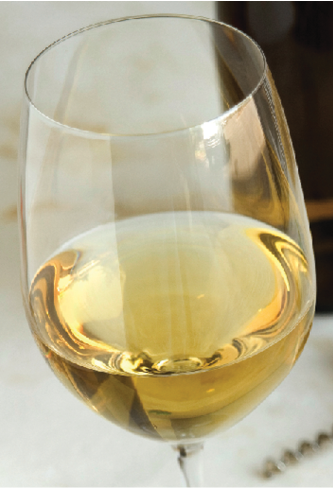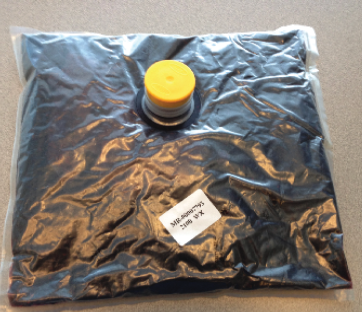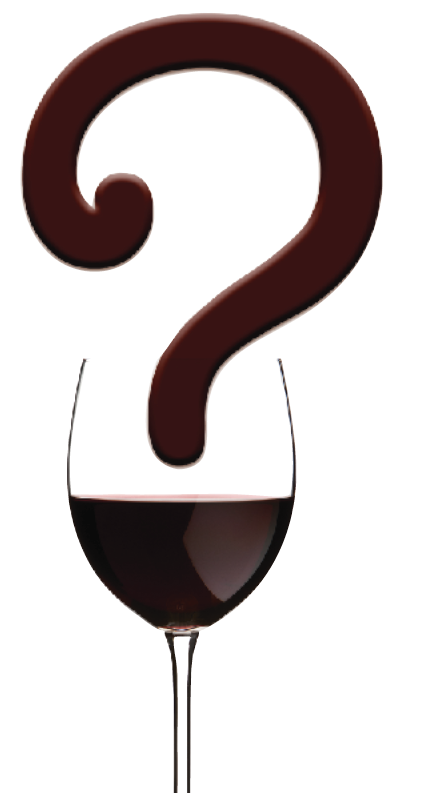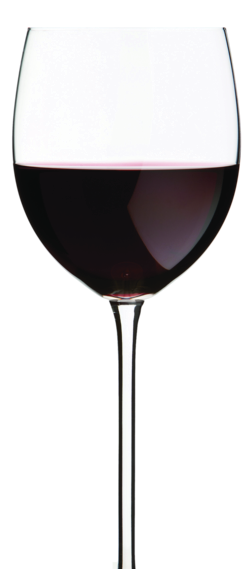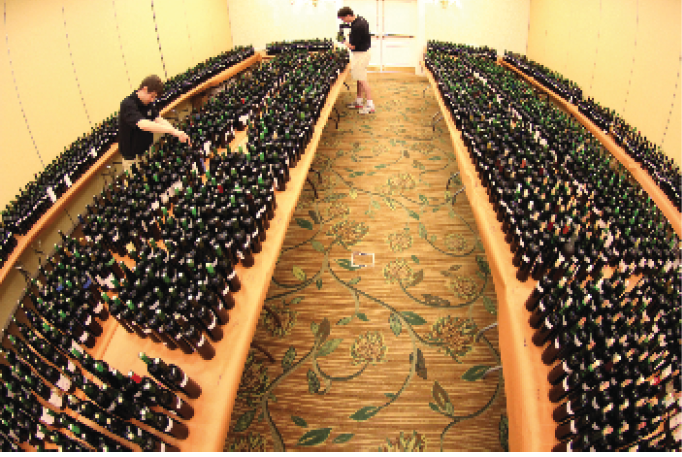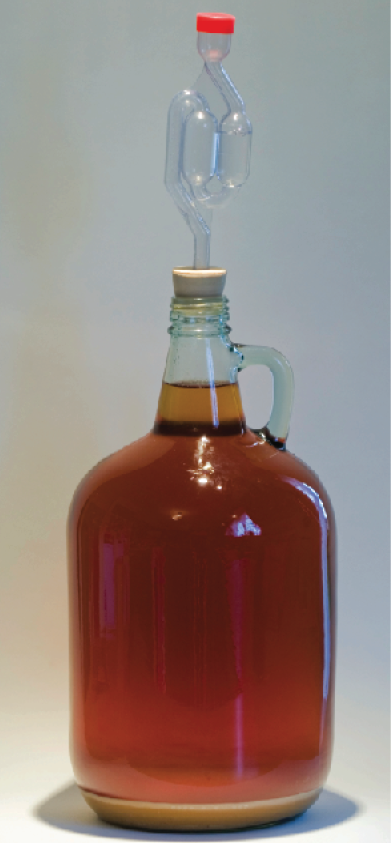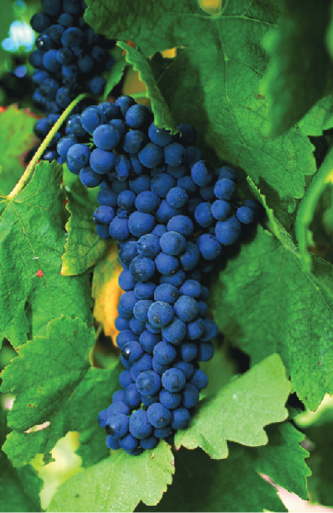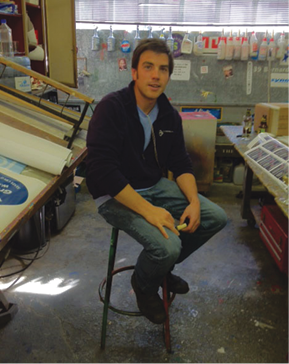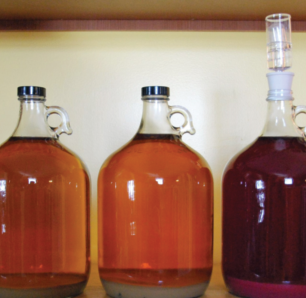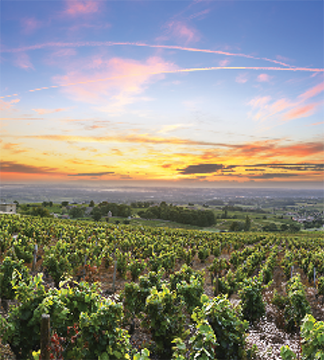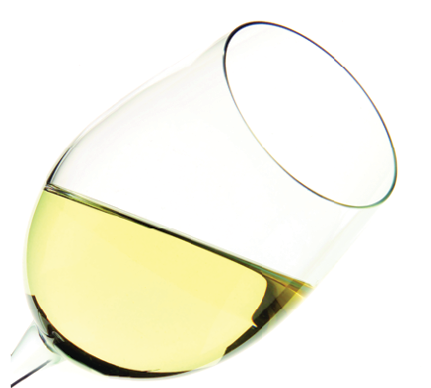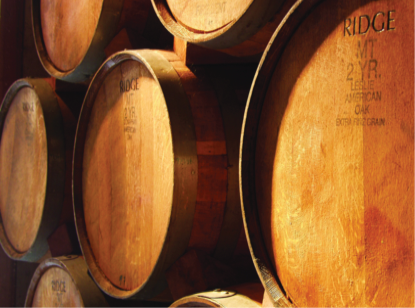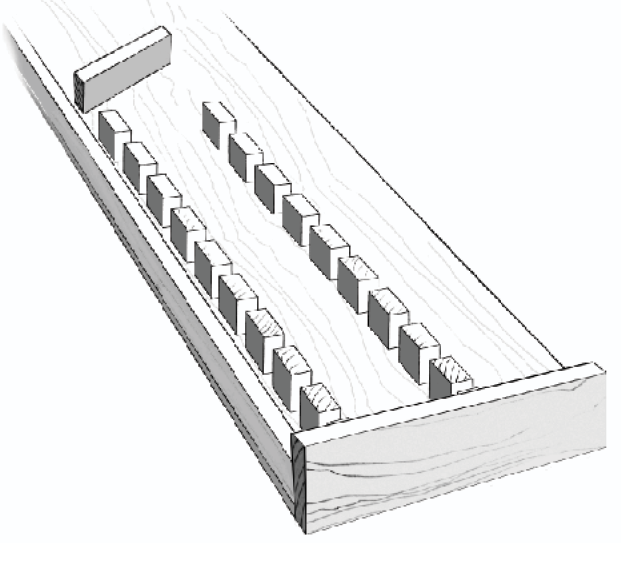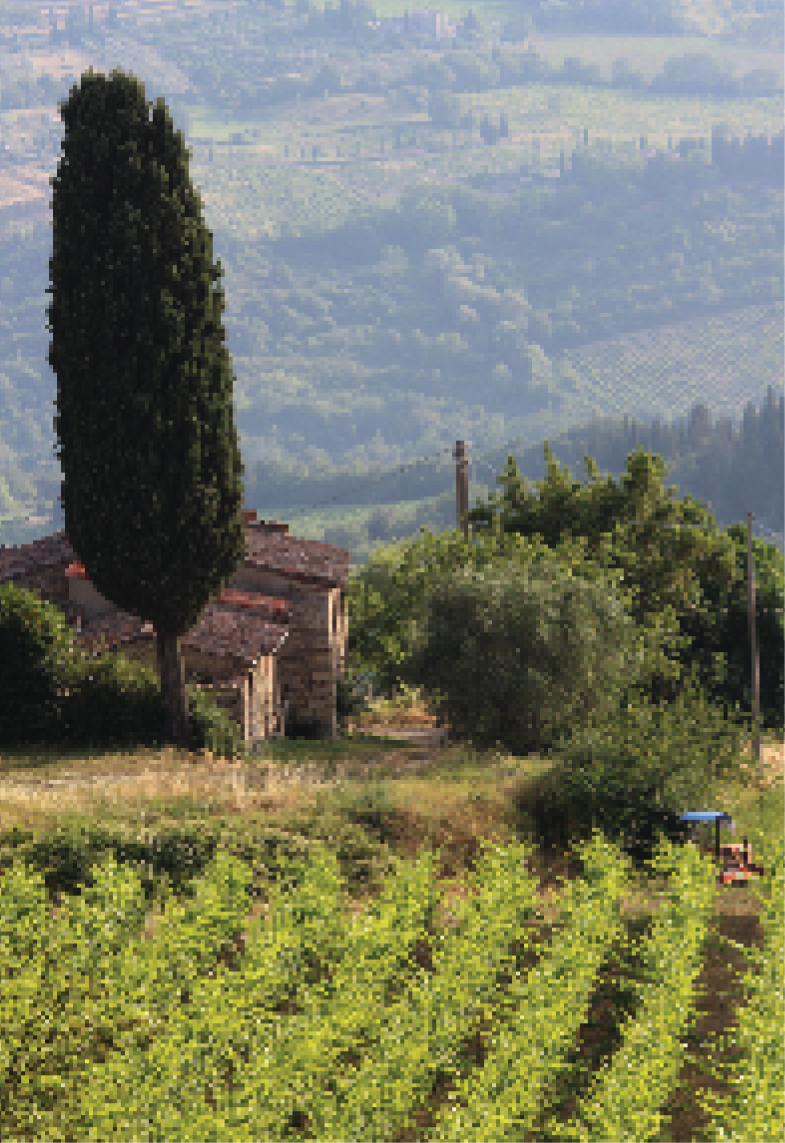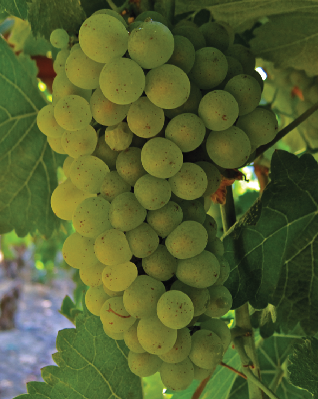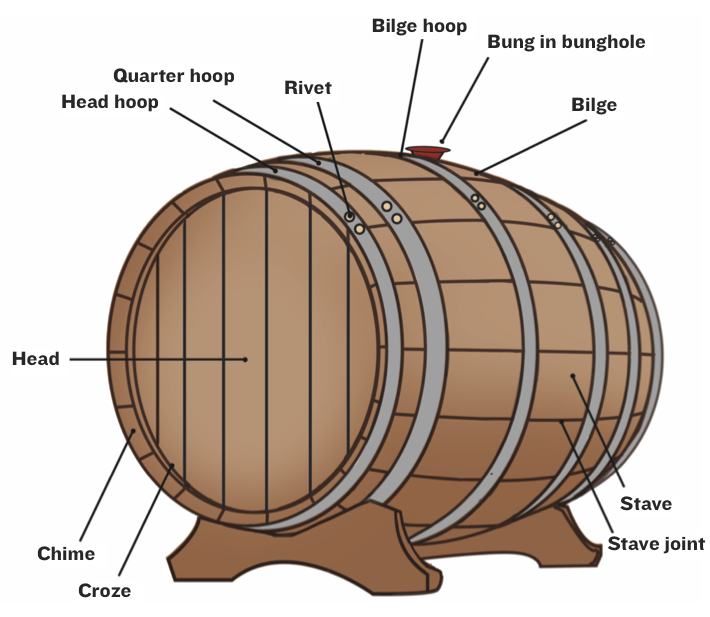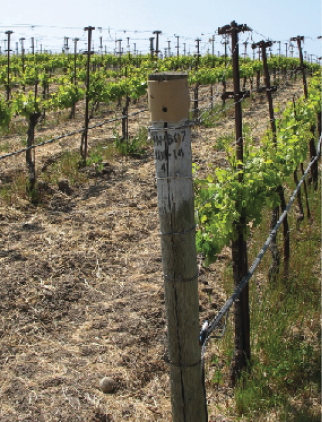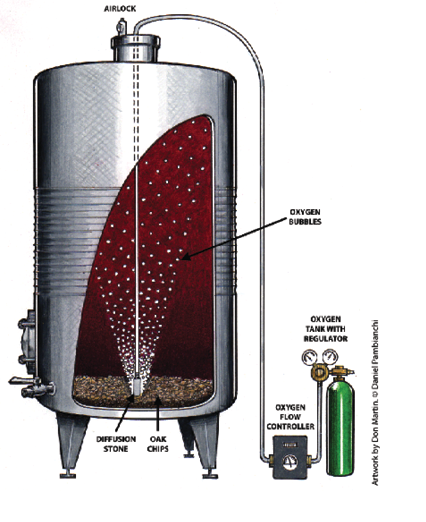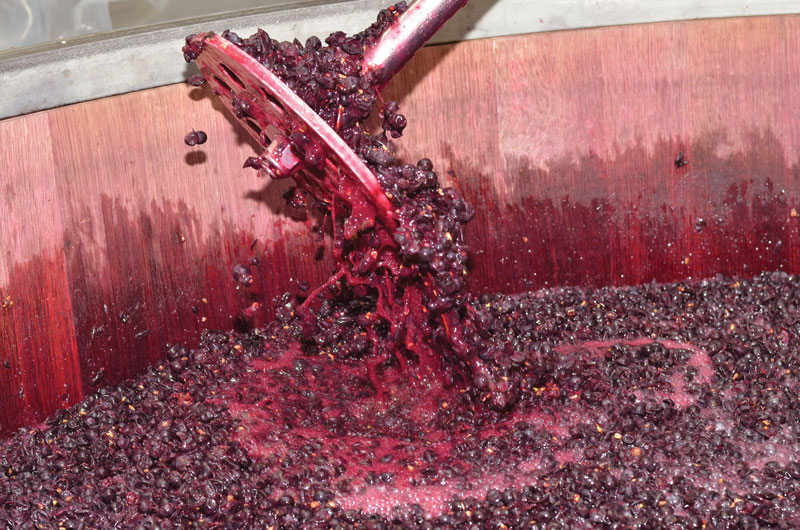Import Source: Quark
Making Wines with Finesse
The mantra for the quest for making a big blockbuster type of wine is “more is better” — more sugar in the grapes, more alcohol in the wine, more extraction, more color
Guide to Cleaning and Sanitizing Winemaking Equipment
We can probably all agree that readying equipment for winemaking is not exactly a carboy of fun; nevertheless, it is an absolutely crucial aspect of winemaking. Reports of wine gone bad and,
Oak Barrel Seepage
I’ve certainly had the odd leaker (or three) but I’ve never experienced trans-stave leakage of the scale that you describe. Before I delve any deeper, I first of all would like to
Making Berry Fruit Wines:Tips from the Pros
Country wines come in all different styles and varieties, but berry wines are perennial favorites. Summertime brings with it a bevy of fresh, ripe berry options to craft some fine berry wines. Two berry wine experts share some winemaking advice.
Techniques to Reduce Sulfite Additions
In spite of their long history as wine preservatives dating to the days of the Romans, sulfites can receive a bad rap. Many suspect that sulfites cause headaches or believe that any preservative is harmful, and so, there is a strong push to eliminate — or at least reduce — the use of sulfites and any additives perceived not to be “natural.” Let’s take a look at some of the strategies to reduce sulfite use.
Using Grape Skin Packs in Wine Kits
Grapes . . . they do seem to inspire metaphor, but not as much as they inspire winemakers and wine drinkers. It is the source of wine, the beverage we all know
Troubleshooting Guide for Home Winemaking
A perfect stranger wanting to strike up a conversation about winemaking once came up to me and said, “Making wine is really easy. Don’t believe anyone who says otherwise.” Making wine is
Pinot Noir Winemaking Techniques from Burgundy
We have all heard the expression that great wine is made in the vineyard. And while we home winemakers generally accept this as truth, nowhere has this been more obvious to me
2012 WineMaker Competition Winners
4,318 entries 803 wine flights 1,511 total judging hours 50 American states 8 Canadian provinces 7 Countries From April 20 to 22, 2012, a total of 4,318 different wines were judged at
Fermenter Options for any Size Home Winery
When setting out to make wine from grapes, one of the first major decisions is what you will use as a fermentation container. For most winemaking, you will need a primary fermenter
Syrah: Versatile, bold and colorful
Australia recognizes Syrah as Shiraz. It is presumed that the name stuck as the cuttings that were brought to the country in the 1830s by James Busby were identified with the names Ciras and Scryas, making it difficult to research the origins of the name, given the Iranian connection . . .
Allergic To Sulfites
Certainly you can try to pasteurize (heat at a certain temperature for a certain amount of time) your wine if you like. Many foods and beverages (like milk) are so heat treated
Wild Yeast Fermentations: Tips from the Pros
Not every winemaker makes wine with commercially-cultivated yeast strains. In fact, lots of commercial winemakers let their wines ferment with wild yeast from the grapes and in the winery. Here we have
Small Batch Winemaking
Tips for beginners looking to make small batches of wine.
Growing Rhône: Varietals to try in your backyard
An overview of the Rhone varieties you may be able to grow in your own backyard.
Making White Wines with Less Sulfite
Managing oxygen is key in making reduced-sulfite or sulfite-free wines. A dissolved oxygen (DO) meter is a wise investment; you can buy a portable model for less than $300. Then you can
Tannin Chemistry in Wine
It all starts with phenol. The tannins in wine make up one of the subgroups in a larger chemical family known as polyphenols. Those, in turn, are made up of phenol-derived molecules
Build a Ladder-Style Wine Rack
There are lots of different styles of racking you can use in your cellar, so it’s worth considering the advantages and disadvantages of each as you work out the details of your
10 Italian Red Wines to Make at Home
NEBBIOLO Nebbiolo derives its name from nebbia, in reference to the foggy conditions under which it is typically harvested, and possibly from nobile, as it is considered the most noble of Italian
Chenin Blanc: The taste of terroir
Viticulturists in the Loire Valley tend to describe its flavor as an expression of the terroir of the land.
Can Lysozyme Arrest MLF?
In my day job in Napa, California (as Winemaker for Garnet Vineyards as well as other consulting projects) I bottle plenty of “partial ML” Chardonnay every year and love the style. In
Oak Alternatives: Tips from the Pros
A lot of home winemakers make small batches of wine that aren’t enough for a whole barrel. Thankfully there are lots of options for those of us making only a few gallons
Prepping Your First Barrel
Tips for beginners on how to prepare their first barrel.
Vineyard Q&A (2012 Edition)
Wes Hagen answers your home vineyard questions.
Reducing Use of Winemaking Sulfites
Inexperienced amateur winemakers are often misled thinking that making red wine is easier — or at least more foolproof — than making white wine because reds are better protected by polyphenols from
